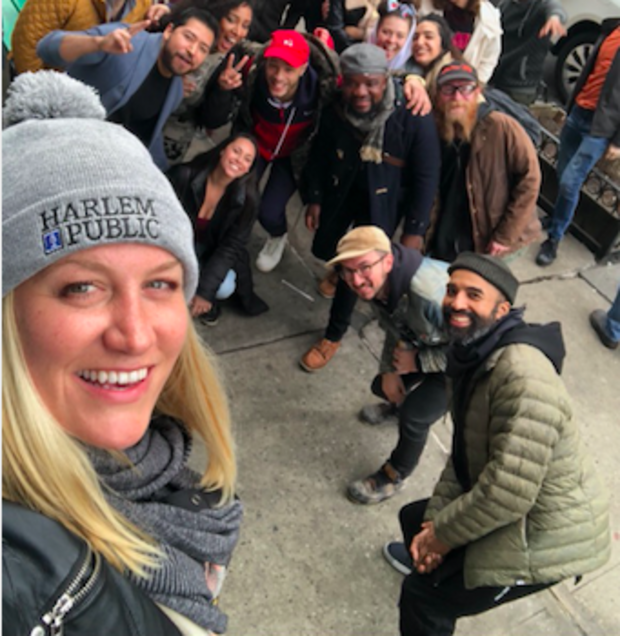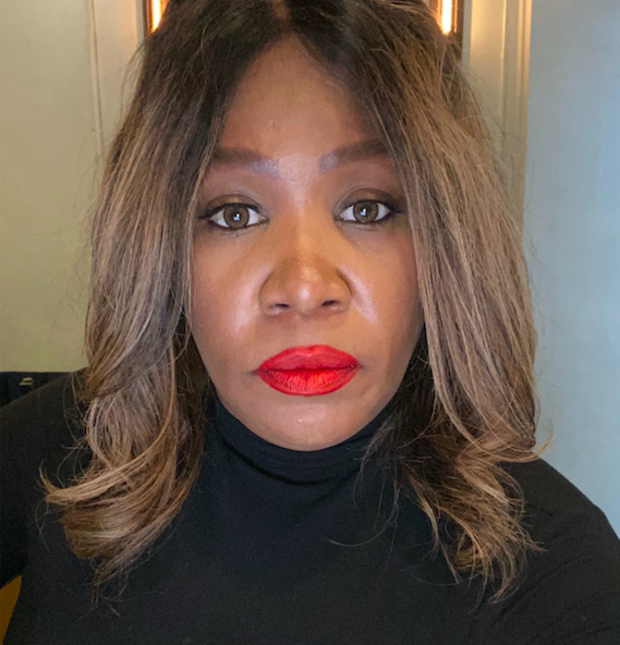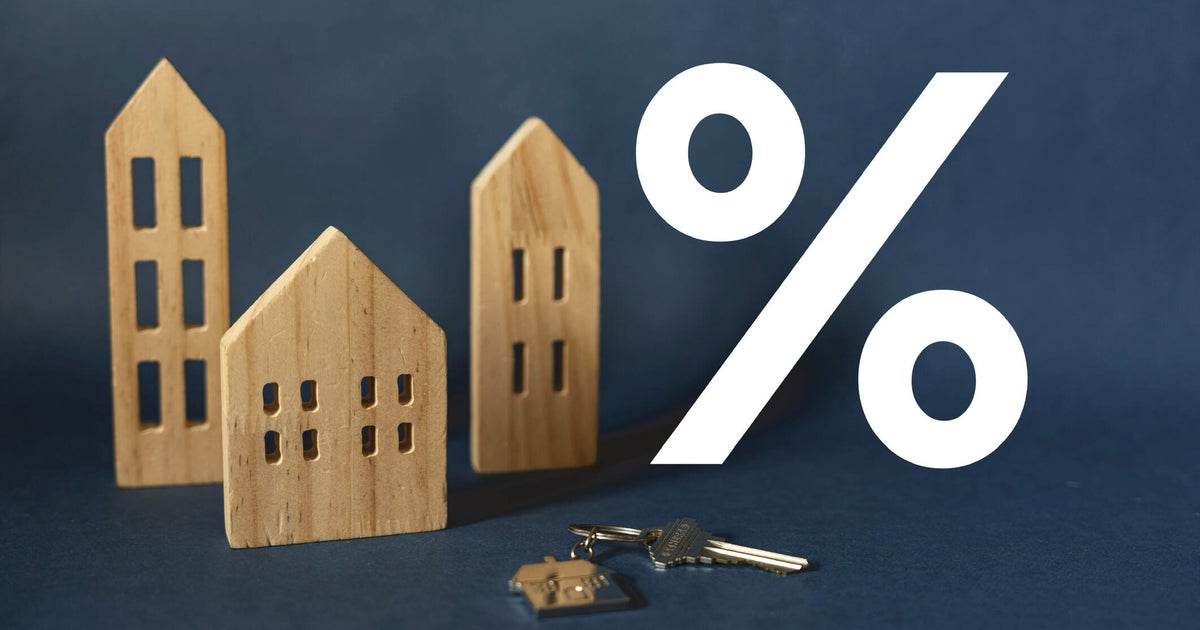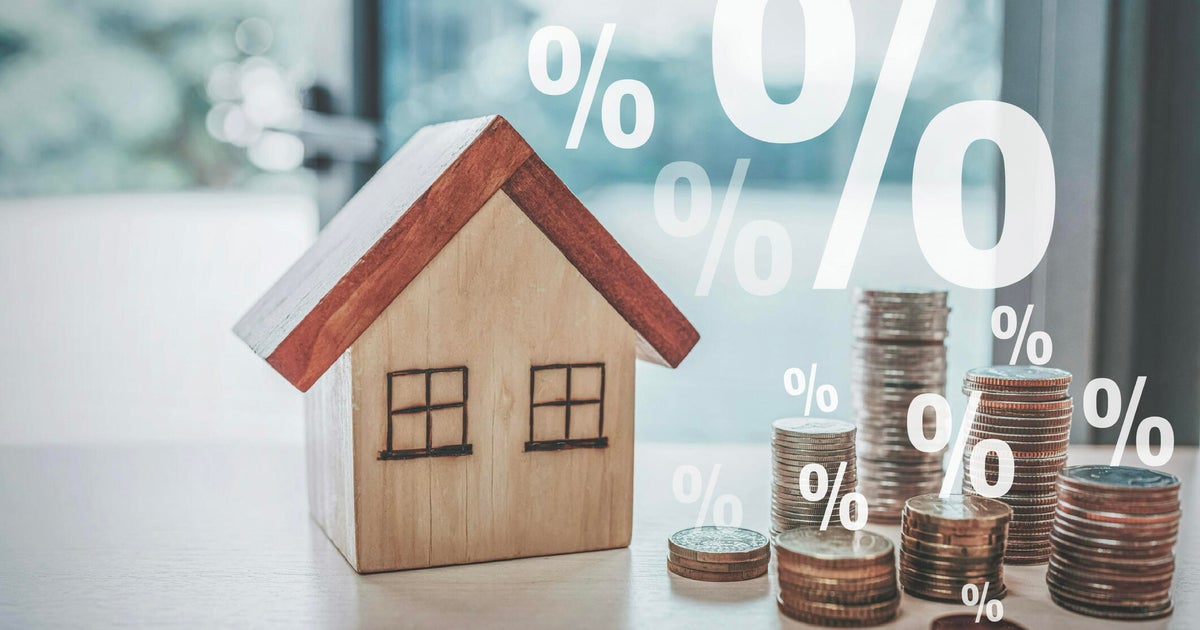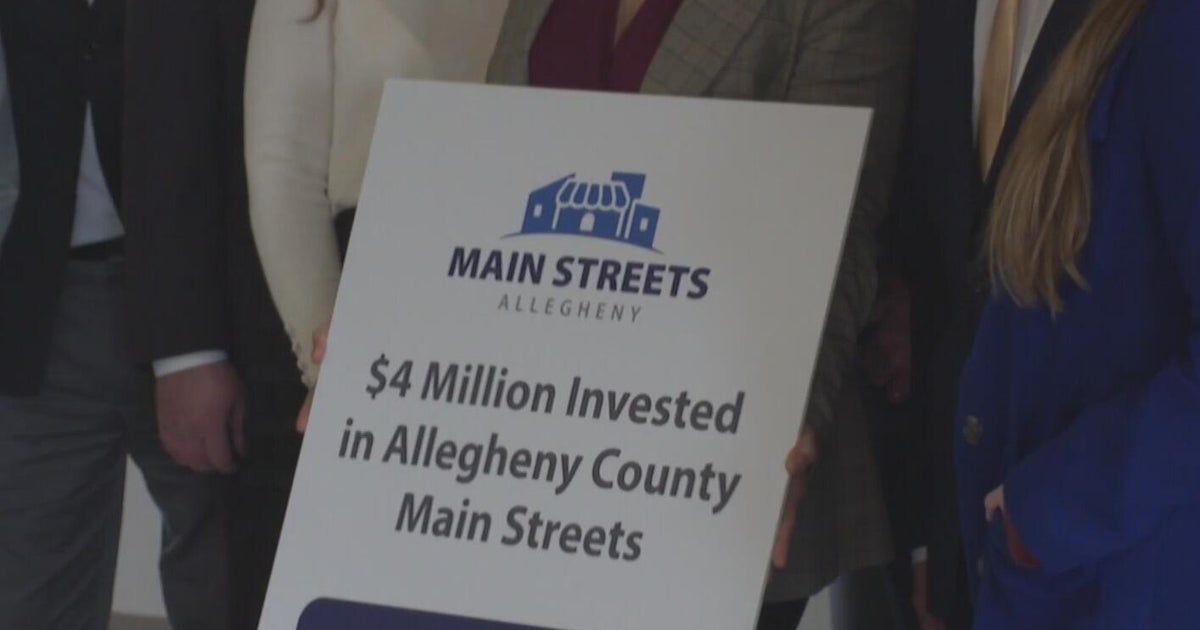Will restaurants survive winter with new loans from U.S. government?
A new iteration of the federal government's popular paycheck loan program for small businesses has special provisions for long-suffering independent restaurants that have had to revamp their business models just to stay alive throughout the course of the coronavirus pandemic. But many restaurateurs say even the more lenient terms might not be enough to keep them afloat through winter.
Restaurants that qualify for the new Paycheck Protection Program loans can receive 3.5 times their average monthly payroll cost, compared to other small businesses, which are eligible for 2.5 times the amount.
In addition to payroll costs, businesses' spending on personal protective equipment, cleaning products and services and COVID-related adaptations will be forgiven under the new loan terms.
But even with more generous terms, many independent restaurateurs fear the PPP could fail to carry them through months of cold weather, costly starts-and-stops and ever-changing restrictions on how they can operate as COVID-19 rages.
100,000 restaurants already gone
The coronavirus has already forced the permanent closure of more than 100,000 restaurants across the U.S., with more anticipated shutterings on the way as the pandemic persists. The closures represent nearly 17% of all U.S. restaurants, according to a study from the National Restaurant Association.
Surviving establishments are also at risk of another major wave of long-term shutdowns, industry advocates say.
"What these findings make clear is that more than 500,000 restaurants of every business type—franchise, chain, and independent—are in an economic free fall," said Sean Kennedy, the NRA's executive vice president for public affairs, in a letter to Congressional leaders this month.
"The timing is challenging"
Lauren Lynch, the owner of three New York City eating and drinking establishments, including Harlem Public, said that while she appreciates the increased flexibility of the program, it will be hard to spend 60% of the loan on payroll — a requirement for forgiveness — when restaurant operations are still so limited and other major costs like rent weigh heavily on so many owners.
"The timing is challenging. It's great that they see the need and how much restaurants are struggling, and we get more money in the food industry — but the challenge is we're getting money in the middle of winter when everyone's sales are decimated because they're relying solely on delivery and takeout," Lynch told CBS MoneyWatch.
Consumers' ability to spend on eating out is also limited. "The economy has taken a hit, people have been collecting minimal unemployment for quite some time and don't have the disposable income needed to support bars and restaurants," Lynch added.
Lynch said she'll apply for a loan — which she'll have 24 weeks to spend — and hope for the best. But she doesn't think it will save her industry.
"It's a gamble. You're measuring and mitigating risk and hoping we're in a better place at the end of this and that we can keep those employees on. But there is no certainty. It could be that they're all let go again," Lynch said.
Colorado restaurateur Bobby Stuckey, who owns four restaurants in Boulder and Denver and helped form the Independent Restaurant Coalition (IRC) to save small restaurants and bars affected by the coronavirus, said the program is not a good fit for his restaurants.
"It works really well for certain industries where you're able to work from home and be open and doing your thing. But restaurants need to be closed because of the pandemic, so the PPP really doesn't work because you don't have your staff back; you're not truly open," he said.
Stuckey said he might not be able to fully reopen until after the window to spend the loan expires.
"The entire period during which you have to spend 60% of the loan on payroll to have it forgiven could be when you aren't reopened and don't have your full staff back," he said.
Restaurateurs aren't getting paid
The paycheck loans — as their name indicates — are designed to ensure that workers get paid, but leave little on the table for the business owners who employ them.
Mitchell Moore, the owner of Campbell's bakery in Mississippi, has only a handful of employees across three different business locations.
"Because it's based on payroll, it doesn't help a small-business owner like me — with four employees at one location, five at another and two at another," he said. "It doesn't provide me with enough funds to cover the hole that we are in."
Moore said the coronavirus has put him behind on all of his expenses, and that while the loan helps with payroll, he's not taking home any money.
"Even though my wife and I work in the business, we're not considered part of that payroll, so it's not even enough to pay us," he said.
Indeed, the program is designed for workers, not businesses.
"It's targeted to helping businesses keep people employed for a short period of time. While that will help the unemployment numbers, it doesn't do anything for long-term stability of the economy," said Andi Gray, a small-business expert and president of Strategy Leaders, a business consulting firm. "To do that we have to figure out how to keep businesses in business longterm, by helping them figure out what kind of business they're going to be in six months, six years from now — and that's not the question the PPP program is trying to answer."
Short-term fix for a long-term problem
Other business owners are grateful for whatever help they can get, and have their hopes for survival pinned on the latest round of the PPP.
Nya Marshall, owner of Ivy Kitchen, a Detroit restaurant that sources all of its food locally, said she's hanging on by a thread amid a local indoor-dining ban, with her revenue down about 85% compared to last year.
She applied for, but didn't receive a PPP loan the first time around. This time, she's counting on it.
"It would help us stay alive. Right now our sales are down, our revenue is down, our labor is down, and we would welcome access to the government program," she said.
Marshall said she would spend an estimated 80% of the funds on payroll, and the remainder on personal protective equipment for herself and her staffers. "That's our other biggest cost that we didn't have pre-pandemic," she said.
Without assistance, Marshall says her restaurant will not survive.
"I have to reevaluate our numbers every two to three days to see how long I can make it before I have to shut down permanently," she said. "If we do not get access to any funds, ultimately we are going to close our doors."
Closed permanently
It's already too late for some restaurateurs to make use of the limited relief option.
Longtime restaurateur Mahmmud Jaafari, who for 20 years owned and ran Persian Garden Cafe in Phoenix, has already had to throw in the towel.
Amid dwindling sales, he said his landlord raised his rent 40%, effectively forcing him out of the restaurant he built from scratch.
"My dining room is empty. We are making money by Uber, Postmates and Grubhub and here and there some people who know us stop by. But I can't continue like this, because this will put me in debt," Jaafari said.
He'll move on at the end of January, but not to another restaurant.
"At this time, with this situation with COVID, I am not going to invest in a restaurant — not the way I have been doing it for last 20 years with a full-service dining room. I have plans, but not along the lines of opening a restaurant," he said.
Not even a PPP loan would have saved the establishment, Jaafari said. A direct cash infusion, however, would have.
"If it was a grant and you don't have to pay it back, that would have been something that would have helped a lot. But borrowing money with interest to pay landlord when you don't have revenue wouldn't be right."
Award-winning restaurants struggling
Not even prestigious James Beard-award winners have been unscathed.
IRC member Naomi Pomeroy, owner of the iconic Beast restaurant in Portland, Oregon, no longer runs her business as a traditional restaurant. Instead, she's turned Beast into a food market called Ripe Cooperative that sells meal kits along with self-recorded instructional videos.
She'll apply for a loan out of necessity, but it's not the fix she thinks her business — or industry — needs.
"Even if this money gets us to March, then what's going to get us from March of 2021 to March of 2022?" Pomeroy said.
The lack of meaningful industry relief, she said, poses an important question: "When COVID is over, do we want restaurants still, do we care about them?"
"Right now, it feels like the answer so far in the government has been, 'not really'" Pomeroy said.
She and other industry leaders are lobbying for Congress to pass the $120 billion Restaurants Act, which would replace restaurants' lost revenue to help keep more of the independents from shuttering.
"I'm pretty sure I don't want my next celebrations to be at Olive Garden," Pomeroy said. "But the reality is that's the kind of message we're getting. I hope some industry-specific support will come."
